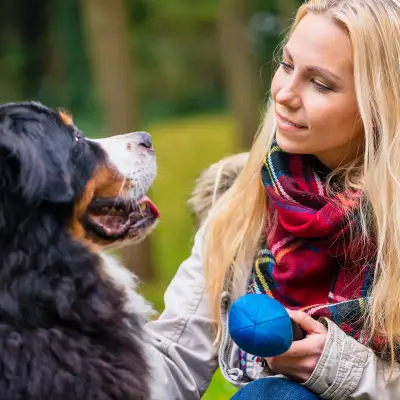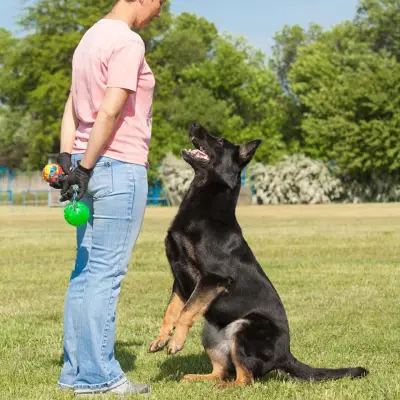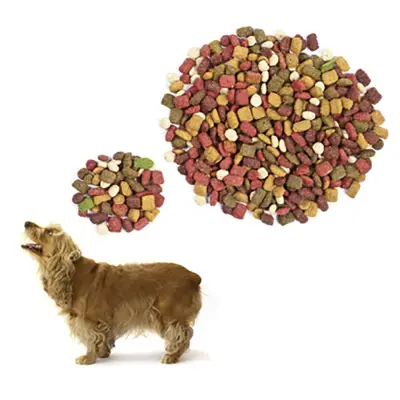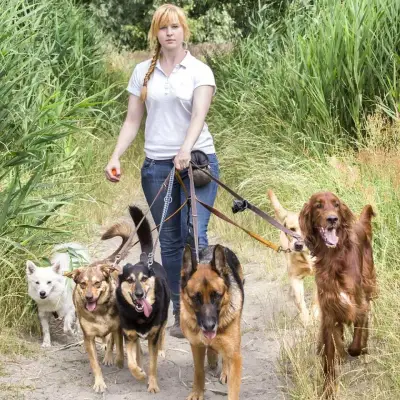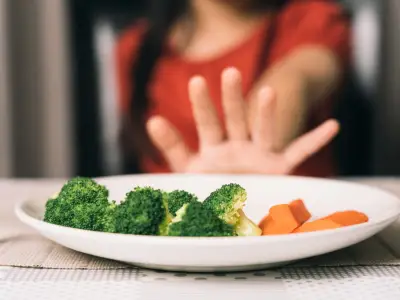Understanding the intricacies of dog food diets is not just beneficial – it's a game-changer for your furry friend's wellbeing. And while it’s tempting to trust the claims on dog food packets that promise a lifetime of health for your pooch, not all is as it seems in the world of canine cuisine.
So, how do you know if you’re feeding your dog the right food? In this handy guide, we'll explore all aspects of dog food diets, debunk common myths, and offer insights into creating a nourishing meal plan that ensures the tail-wagging wellness of your beloved dog.
Jump to:
Recommended for you!
Best SellersBalancing 4 Key Nutritional Needs
Selecting a diet that dogs can thrive on requires a delicate balance of knowledge and intuition. From commercial kibble to lovingly home-cooked meals, the many options can overwhelm even the most diligent owner. To make informed decisions, it helps to understand the basic nutritional needs of dogs, which hinge on a diet rich in proteins, carbohydrates, fats, vitamins, and minerals.
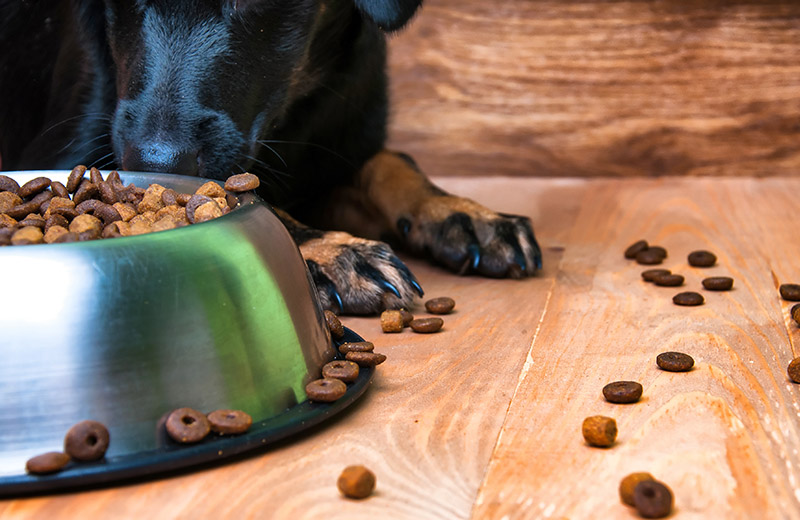
1. Protein Powerhouses
Proteins are the building blocks of a healthy diet, supporting everything from muscle growth to immune function. The best diet for dogs should feature high-quality proteins, whether from meat, fish, or plant-based sources.
What about raw food- is it good for dogs? While raw diets have their advocates, they also carry risks such as bacterial contamination and nutritional imbalances. Cooked, high-quality meats are often a safer choice, ensuring that your dog receives the benefits without the risks.
2. Carbohydrates and Fibres: The Energy Providers
Carbohydrates, though not a biological necessity for canines, serve as an excellent energy source and provide dietary fibre that aids digestion. You may be wondering if grain-free food is good for dogs. While some may be intolerant to grains, for others, whole grains can be a wholesome part of their diet. It's about understanding your dog's specific needs and reactions to these ingredients.
3. Fats: The Good, The Bad, and the Necessary
Fats are a critical component of the best diet for dogs, providing energy and supporting cell function and skin health. Omega-3 and omega-6 fatty acids, found in fish oil and flaxseed, are particularly beneficial. However, balance is key to preventing weight gain and related health issues.
4. Vitamins and Minerals: The Unsung Heroes
Vitamins and minerals support many bodily functions, from bone health to metabolism. A varied diet typically covers these essentials, but supplementation can be necessary for dogs with specific health conditions or dietary restrictions.
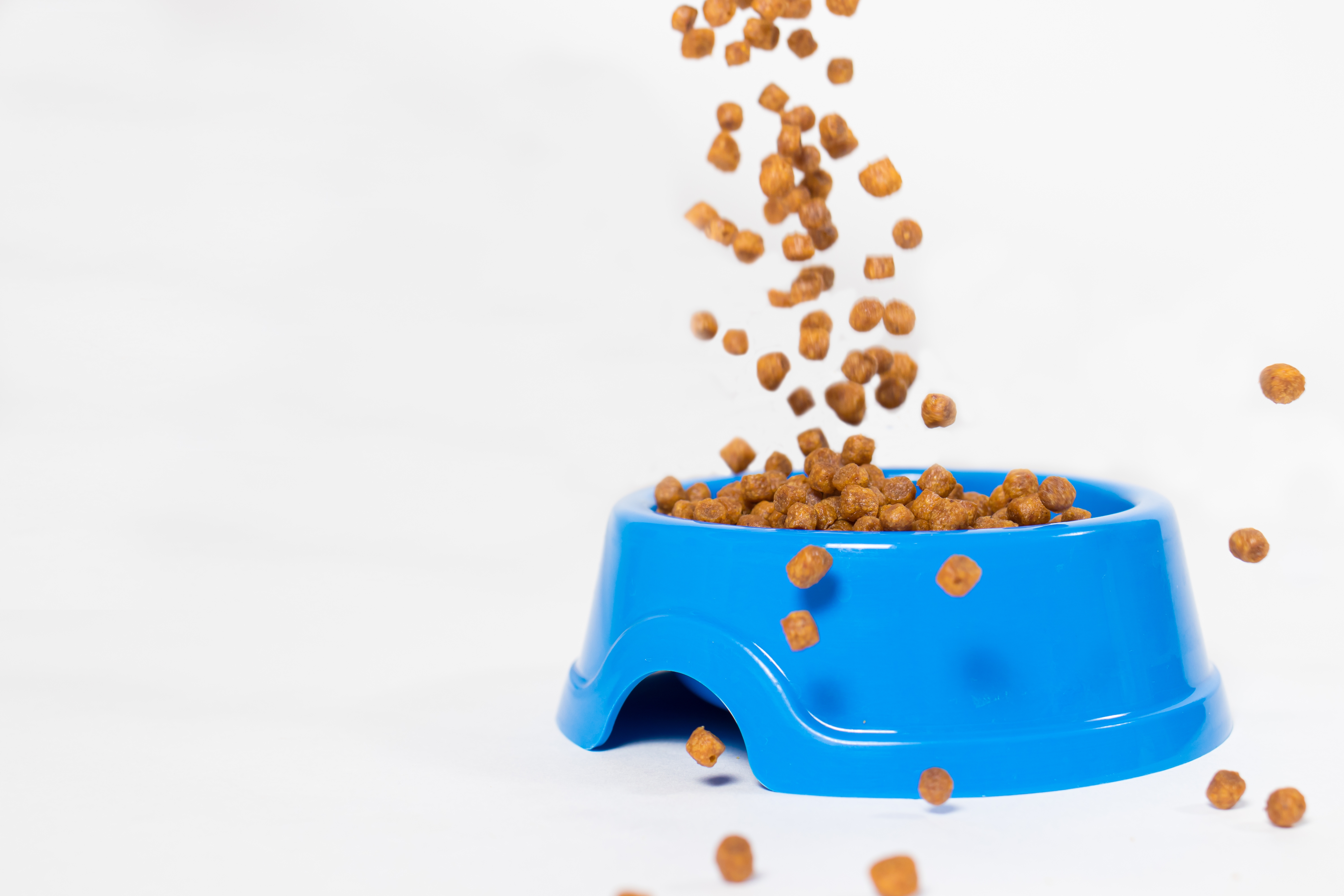
Are Treats Bad for Dogs?
The short answer is no; treats are not inherently bad for dogs. In fact, they can be a beneficial component of your dog's diet when used responsibly. Treats play several roles in a dog's life, including:
- Training Aids: Treats are excellent for positive reinforcement during training sessions. They help your pooch associate good behaviour with a reward, facilitating learning and obedience.
- Dietary Supplements: Some treats are formulated to support specific health benefits, such as dental health or joint support.
- Emotional Connection: Giving a treat can strengthen the bond between you and your dog, letting them know you're pleased with them.
While treats can be positive, there are some things to consider. Be careful about overfeeding; treats should make up no more than 10% of your dog’s daily caloric intake to prevent obesity. Avoid treats with high sugar, fat, or unhealthy additives, and be mindful of your dog’s sensitivities and allergies.
Selecting the right treats can help put your mind at ease. Here’s what to look for:
- Natural Ingredients: Treats with whole food ingredients are generally healthier than those with a long list of additives and preservatives.
- Low-Calorie Options: To avoid weight gain, choose treats that are low in calories or adjust your dog’s main meals to account for treat intake.
- Functional Treats: Some treats are designed to improve dental health or have added vitamins and minerals.
What is The Best Human Food for Dogs?
When sharing your dinner plate with your four-legged friend, it's important to distinguish between what's safe and what's off-limits. While some human foods can offer health benefits to dogs, others can make them sick. So, what human foods can you safely share with your dog?
- Lean Meats: Chicken, turkey, and lean cuts of beef or pork, served plain and cooked without fatty oils or seasoning, are excellent protein sources for dogs.
- Certain Fruits: Slices of apple (without seeds), bananas, blueberries, and watermelon (without seeds or rind) can be a tasty and hydrating treat rich in vitamins.
- Vegetables: Many dogs enjoy crunchy veggies like carrots, green beans, or cucumbers. These can provide fibre and vitamins with minimal calories.
- Cooked Grains: Brown rice or whole-grain pasta in moderation can be a good energy source, as long as your dog isn't grain-sensitive.
When you give your dog human food, remember only to give a little as a treat, not too often – it should be a small part of their diet. Start with just a tiny amount to make sure it doesn’t upset their stomach. And before you make any big changes to what your dog eats, it's always best to talk to the vet, especially if your dog isn't feeling well or has special health needs.
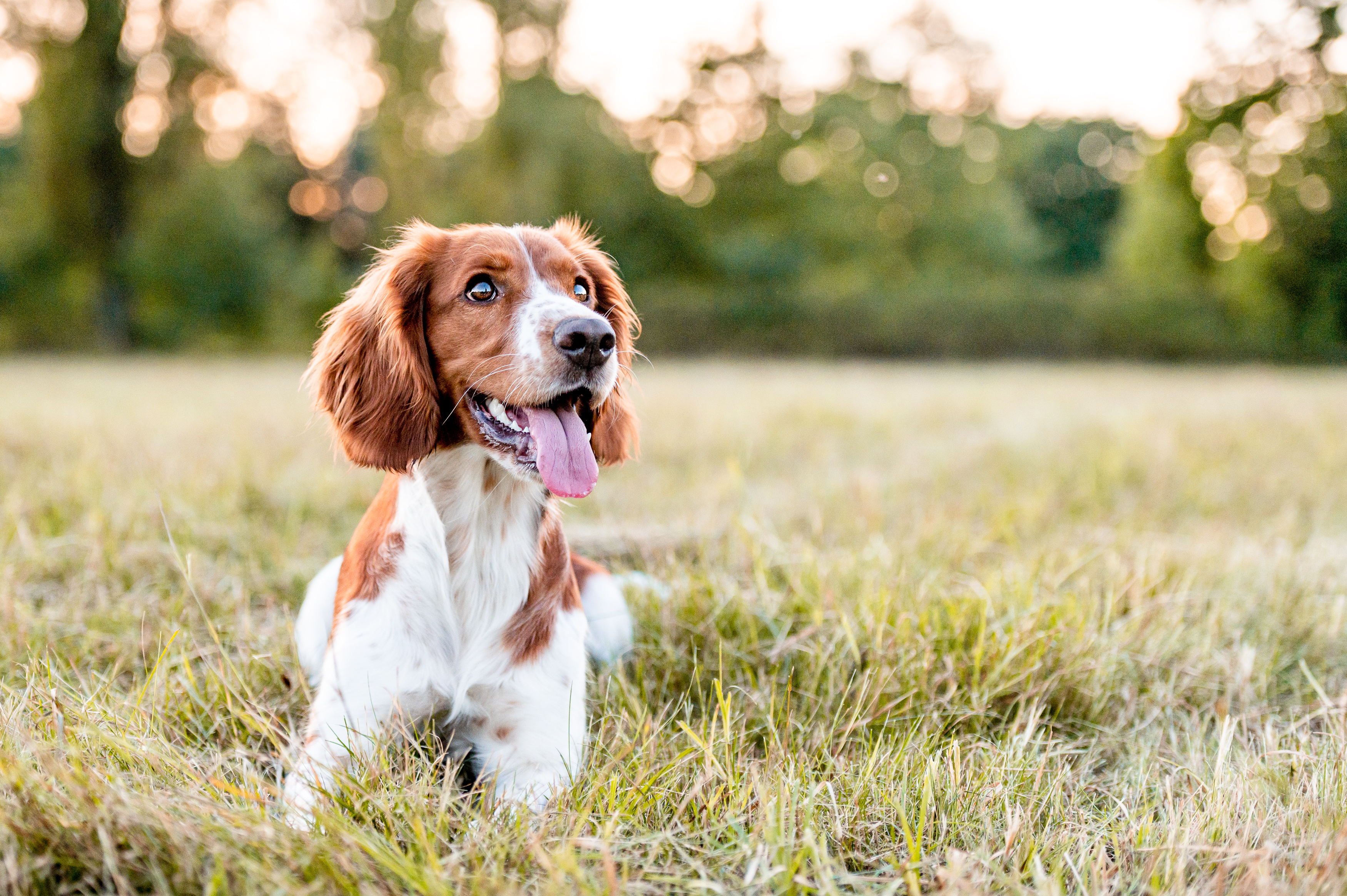
What Human Foods Are Bad for Dogs?
A dog's body processes food differently from ours, and some human foods that seem harmless can be dangerous, or even deadly, to our four-legged friends. In the interest of keeping your pooch safe and healthy, let's delve into the common human foods that are no-gos for dogs:
- Toxic Foods: Onions, garlic, grapes, raisins, and chocolate can harm dogs. Avocado, while healthy for humans, contains a substance called persin, which can harm dogs.
- High-Fat Foods: Fatty cuts of meat, butter, and heavy creams can cause pancreatitis in dogs.
- Sugary Foods: Just like in humans, excessive sugar can lead to obesity and diabetes in dogs. Additionally, xylitol, a sweetener in many sugar-free products, is highly toxic to canines.
- Salty Snacks: Foods high in salt can lead to excessive thirst, urination, and even sodium ion poisoning in dogs.
By keeping toxic human foods out of reach and being mindful of our pet's diet, we can ensure our furry family members stay healthy and happy. Always remember, when in doubt about a food's safety, the best course of action is to consult your veterinarian.
Is It OK For Dogs To Only Eat Dry Food?
Absolutely, many dogs thrive on high-quality kibble alone. Dry food is often favoured for its convenience, cost-effectiveness, and the benefit of a longer shelf life compared to wet food options. Moreover, kibble's texture can help maintain dental health by reducing plaque buildup.
However, while a well-formulated kibble can be nutritionally complete, some dogs might benefit from a mixed diet that includes both dry and wet foods. The moisture content in wet food is particularly beneficial for hydration. It can appeal more to some dogs, especially those who may be picky eaters or have difficulty chewing hard kibble due to dental issues or age.
In essence, while it's perfectly fine for dogs to eat only dry food, each dog is unique, and their dietary needs can vary. It's always best to consult a veterinarian to tailor a diet that supports your dog’s specific health requirements and lifestyle.
Recommended for you!
Best SellersStudy Canine Nutrition for £29
Ready to become your dog's nutrition guru? Deepen your understanding of canine dietary needs with our Canine Nutrition Diploma Course. Whether you're a pet parent keen to ensure the best for your furry friend, or you're looking to expand your professional expertise in canine care, our comprehensive online course is the perfect fit.
For a limited time, we're offering this course for an exclusive price of just £29 – a small investment for a lifetime of health and happiness for your dog.
